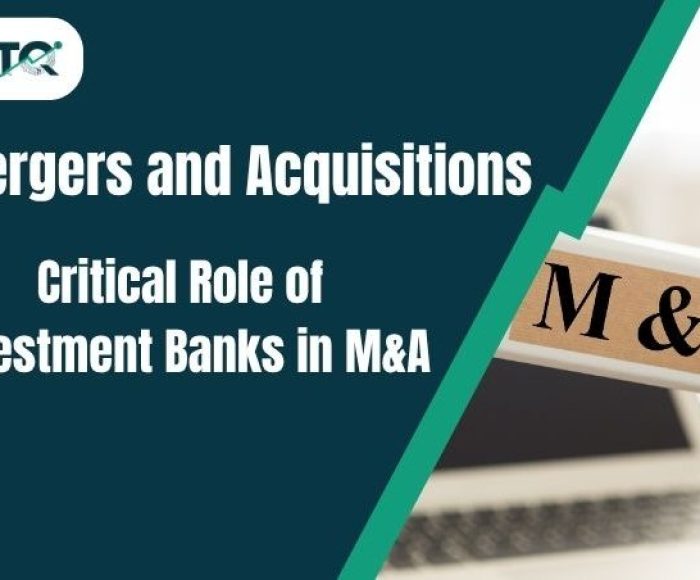The M&A landscape has undergone significant transformations in the last five years, with technology playing a pivotal role. A report from PwC highlights the importance of faster integrations for achieving strategic, financial, and operational goals. M&A business advisors who leverage technology can expedite due diligence and empower informed decision-making, leading to a higher deal success rate.
As technology revolutionizes the landscape of managing intricate transactions, a divide emerges between transaction advisors who adapt swiftly and those who lag behind. Traditional advisors grapple with the challenge of keeping pace, relying on established relationships and experience to stay competitive. However, this reliance is insufficient in the face of the accelerating changes brought about by automation.
With the integration of automation, the diligence process sees a remarkable 50% reduction in time. This transformation enables junior bankers to allocate less time to mundane tasks. Such tasks include creating pitchbooks, monitoring non-disclosure agreements (NDAs), preparing confidential information memorandums (CIMs), and responding to diligence requests. Automation empowers bankers to redirect their efforts toward value-added activities.
For traditional advisors, burdened by clunky management processes and reliance on outdated Excel sheets, progress becomes akin to moving with cement shoes. Their exerted energy proves futile as the modern M&A transaction advisor, embracing technology, not only safeguards deals but also propels forward at a rapid pace.
The contemporary M&A business advisors distinguishes themselves through a centralized process and transparent practices that enhance the client experience. By merging established relationships with robust automation, they excel in making critical decisions. In contrast, outdated advisors hinder their own progress by adhering to data room information that falls short. While they cling to basic analytics, the modern advisor surges ahead.
Modern M&A transaction advisors leverage predictive analytics to anticipate buyer concerns and prepare for meetings, proactively addressing potential issues. They craft engaging diligence experiences for buyers, swiftly identifying risks. Traditional advisors, on the other hand, risk losing deals as they wait for buyers to uncover risks themselves.
As the traditional advisor painstakingly approaches the finish line, the modern advisor has already facilitated a seamless transition. Their buyer utilizes diligence data for post-closing activities and integration. The modern advisor’s approach enables buyers to plan for integration from the outset, reusing diligence data for cost and time savings. Ensuring post-closing success with a seamless handoff becomes a hallmark of their process.
While the traditional transaction advisor may complete the race, their depleted energy leaves them unable to consider the company’s success post-close. In contrast, the modern advisor positions their buyer for sustained success.



